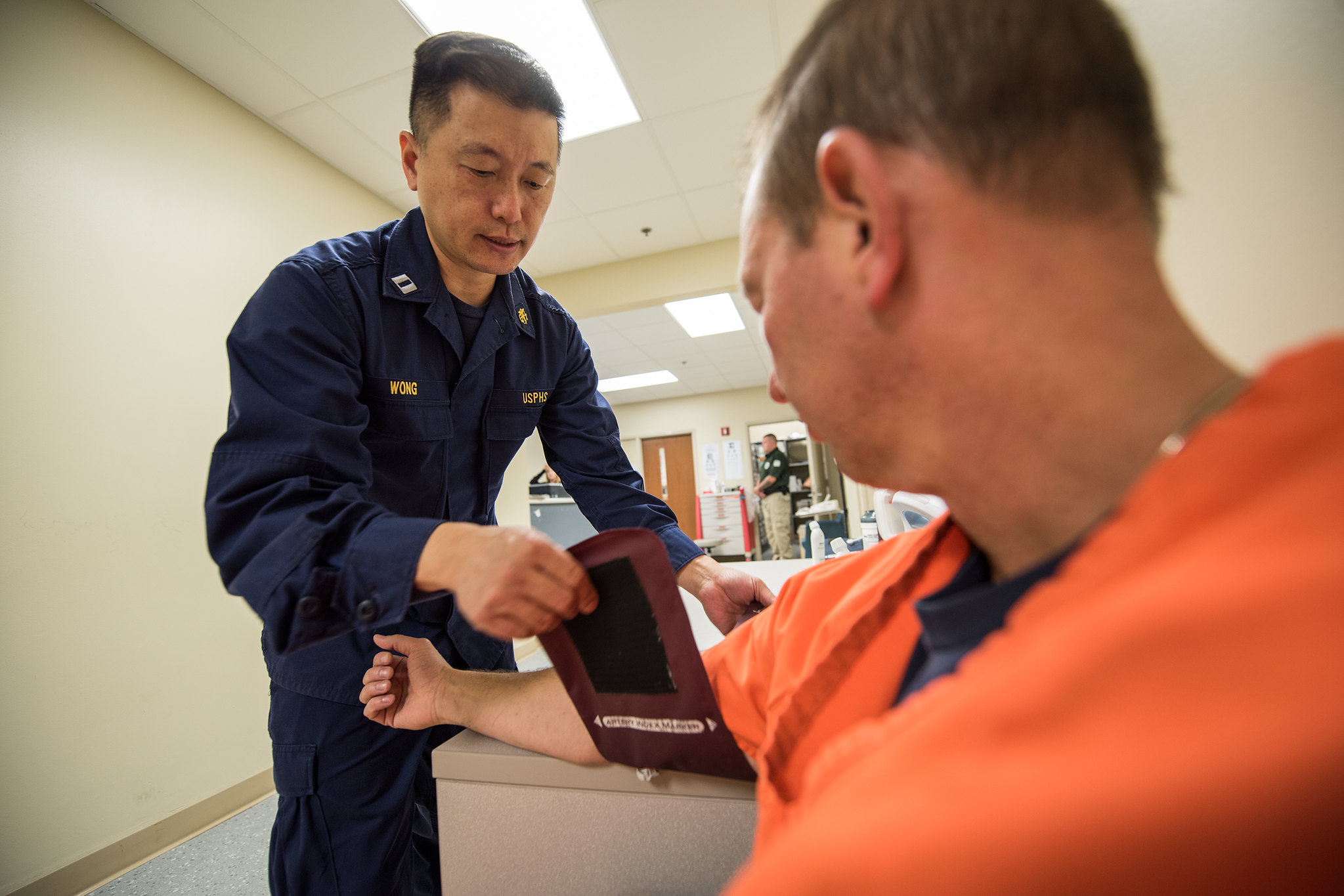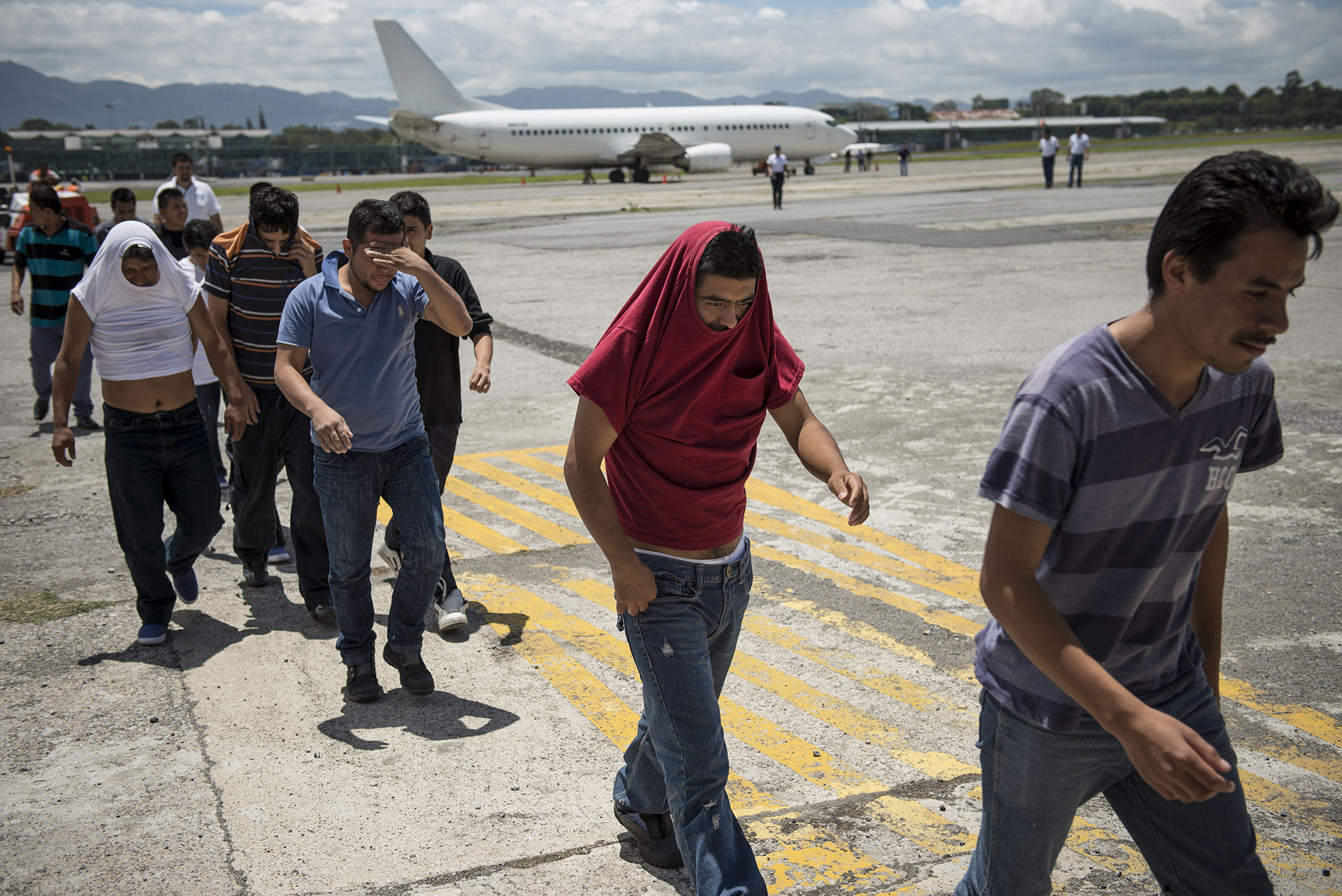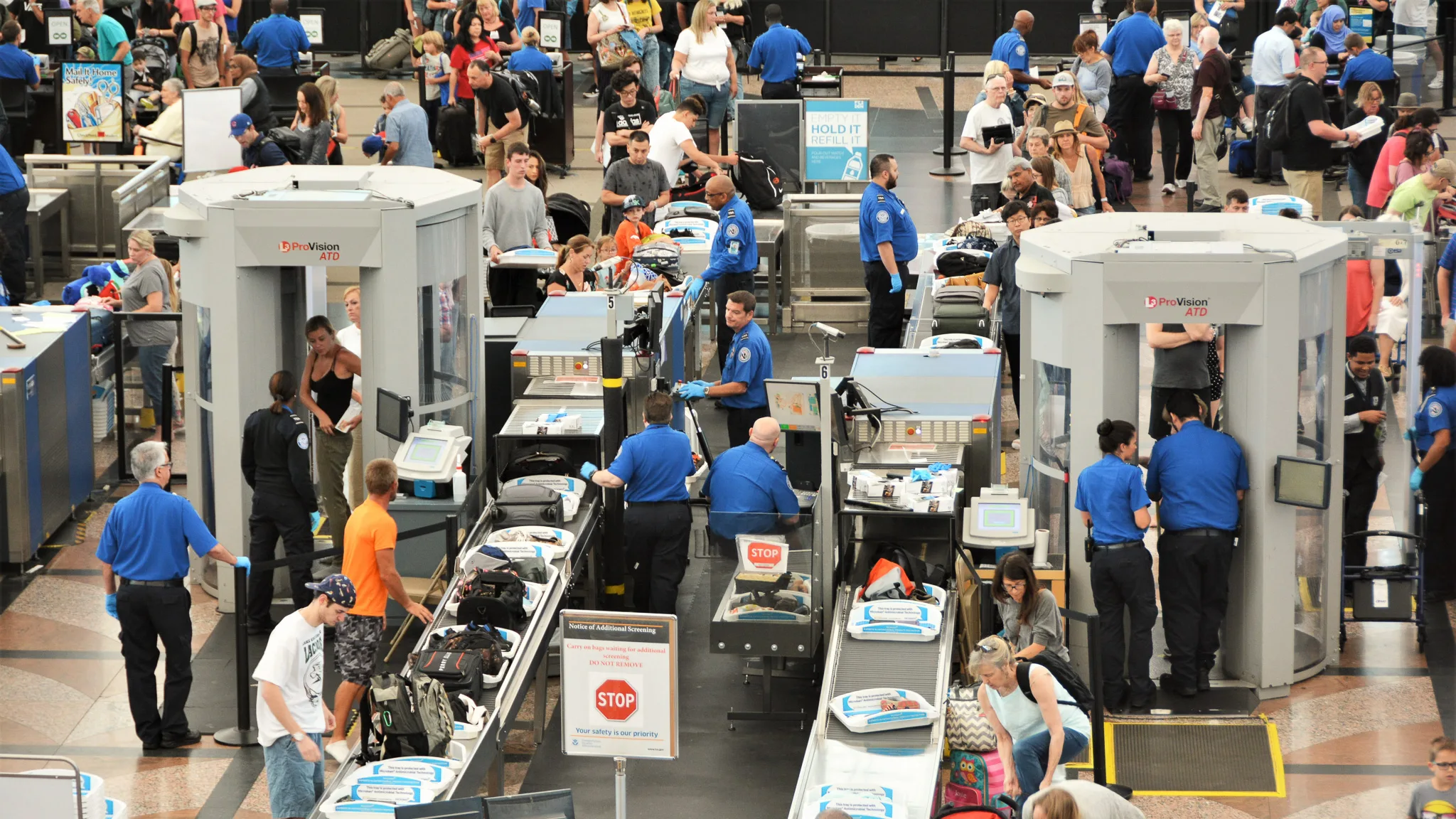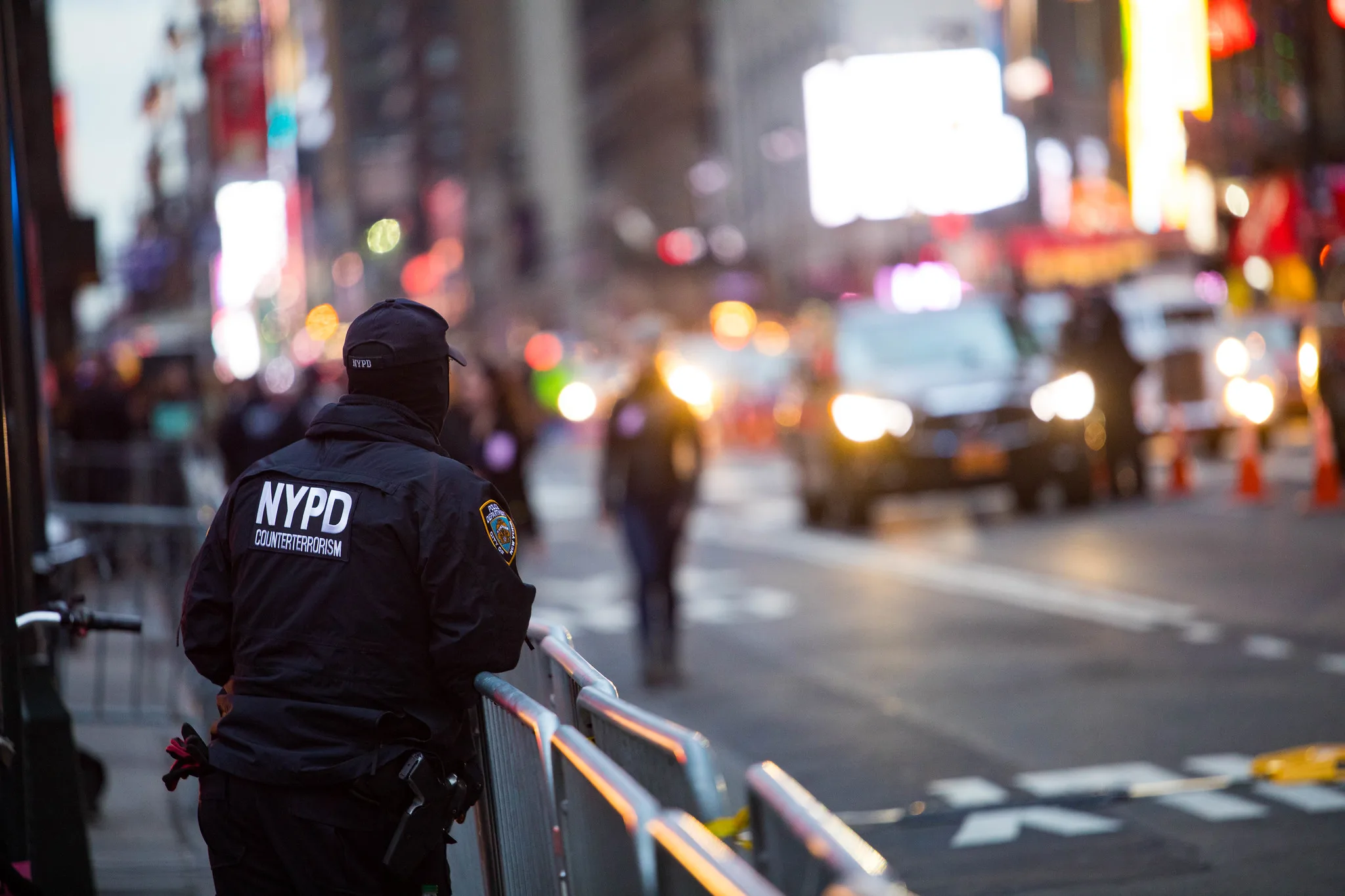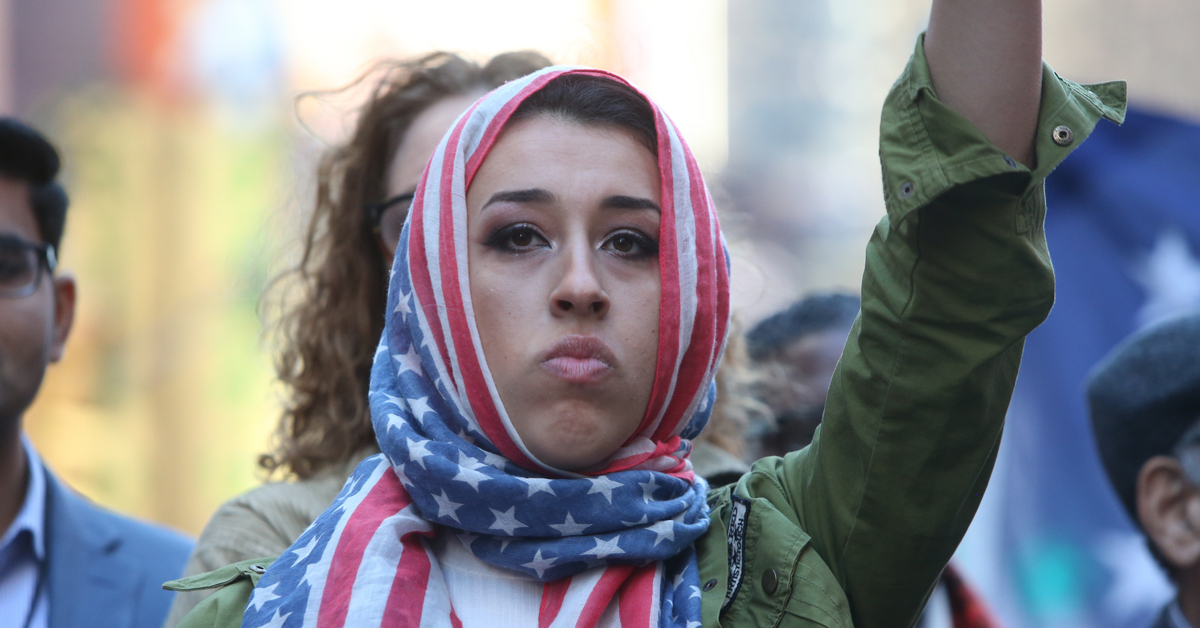The COVID-19 vaccine arrived in New York this month for nursing home staff and healthcare workers as the state continues to finalize who exactly will receive the vaccine next.
There are seven U.S. Immigration and Customs Enforcement detention centers across New York and at least 273 immigrants were in its custody as of Dec. 15, the agency told Documented.
ICE said it is working with its contract facilities to ensure all detainees are counted and receive the COVID-19 vaccine. The agency also said it is following the U.S. Centers for Disease Control and Prevention’s guidance on vaccine prioritization so that detainees receive the vaccine as soon as possible.
However, it is unclear exactly when ICE detainees will get the COVID-19 vaccine. The agency was unable to provide a timeline and neither was the New York State Department of Health, which told Documented it is still finalizing the details of “sub-allocations of priority groups,” said agency spokesman Jonah Bruno.
Also Read: Only 20% of ICE Detainees Get a Hearing Within 10 Days
Gov. Andrew Cuomo said that once the state provides the vaccine to nursing home staff and high-risk healthcare workers, it will be given to long term congregate care staff and residents.
New York City Health Commissioner Dr. Dave Chokshi has said prisons, jails and homeless shelters would be included in the high-risk congregate care category within the phase 1 prioritization of the COVID-19 vaccine, which is still being finalized.
But ICE’s handling of the coronavirus in its detention centers early on have some immigration advocates concerned that the vaccine may not be sent to ICE detainees as quickly as they need it, or perhaps not at all.
“We have seen the extreme health risk and crises that are posed by continuing to keep individuals in ICE detention. There’s no ability to socially distance and engage in hygiene practices that would otherwise be intended to prevent the spread of [COVID-19],” said Sarah Deri Oshiro, the managing director of the immigration practice at Bronx Defenders, who warned officials back in May about the conditions in ICE detention facilities which contributed to the further spread of the virus. “So, while I would personally hope that the people in detention centers receive the COVID-19 vaccine in a high priority fashion, I am not reassured by any comments from the federal government saying that they will work on distributing it to them because of what we’ve seen thus far.”
Also Read: Why People from El Salvador Still Feel Forced to Migrate to the US
ICE also operates two New York City field offices based in New Jersey: the Bergen County and Hudson County Jails. However, ICE only provides public figures of confirmed coronavirus cases and deaths in New York in those two facilities.
As of Dec. 16, a total of 21 inmates from the Bergen County and Hudson County Jails tested positive for the virus. Only one of those inmates had been monitored and isolated after testing positive.
It is unclear how many inmates tested positive for the virus in other facilities in the state. In April, Documented reported at least four ICE detainees tested positive for the virus at the Buffalo Federal Detention Facility in Batavia, New York.
Over the summer, ICE came under fire for transferring detainees to facilities across the country, leading to outbreaks in detention facilities in Florida, Texas, Ohio, Mississippi and Louisiana. ICE also deported detainees back to their home countries which may have helped spread the virus to other countries early on, a New York Times investigation found.
Also Read: How ICE Controls Journalists’ Access to the Immigration Courts
The New York Civil Liberties Union and Prisoners Legal Services sued ICE over the summer, demanding the agency follow the U.S. Centers for Disease Control and Prevention’s guidelines and a federal district court’s ruling that anyone detained at the federal detention facility in Batavia over the age of 65, or otherwise considered medically at risk of the virus, be entitled to greater protections or be released from detention.
Researchers also found that the case rate among ICE detainees was about 13 times the rate of the U.S. population each month between April to August.
ICE told Documented that all detainees in its custody receive taxpayer funded comprehensive medical care, which includes 24-hour emergency care and third-party private medical facilities if needed.
“Any suggestion any person in ICE custody is denied necessary medical treatment is false,” an ICE official told Documented, who declined to provide their name.
Eunice Cho, a senior staff attorney at the American Civil Liberties Union, said that without clear guidance from ICE, getting the COVID-19 vaccine as an undocumented immigrant could boil down to which detention facility they are detained in.
Cho said ICE provides direct medical services at only about 20 of its detention facilities across the country. In New York, that facility is the Buffalo Federal Detention Facility in Batavia.
Outside of those 20 facilities, Cho said ICE contracts medical care services for detainees, which includes vaccination services, at local jails or private prisons. Therefore, if a detainee is at a facility with contracted medical services, Cho said it is up to that provider to get that detainee vaccinated, not necessarily ICE.
Because people are in the custody of ICE, it’s arguable that the agency “has some responsibility to secure vaccines for people who are in their custody,” Cho said. “Although due to contracting structure between ICE and local facilities and the decentralization, it is quite possible that ICE may try to kick the can down the road and not take full responsibility for those [inmates], it’s hard to say at this moment though because we just don’t have enough information.”
Also Read: How the Immigration Courts Malfunctioned: What We Saw
